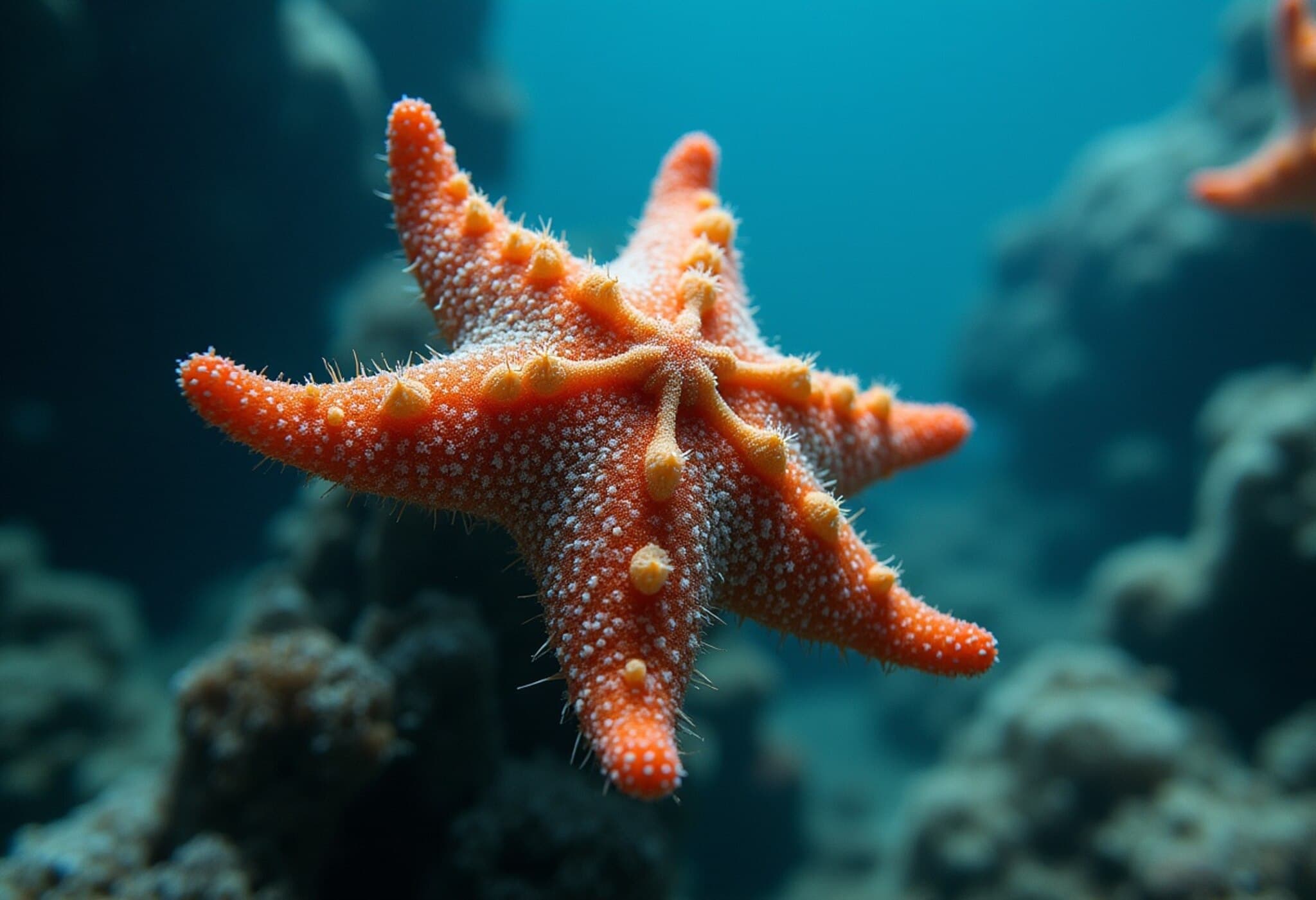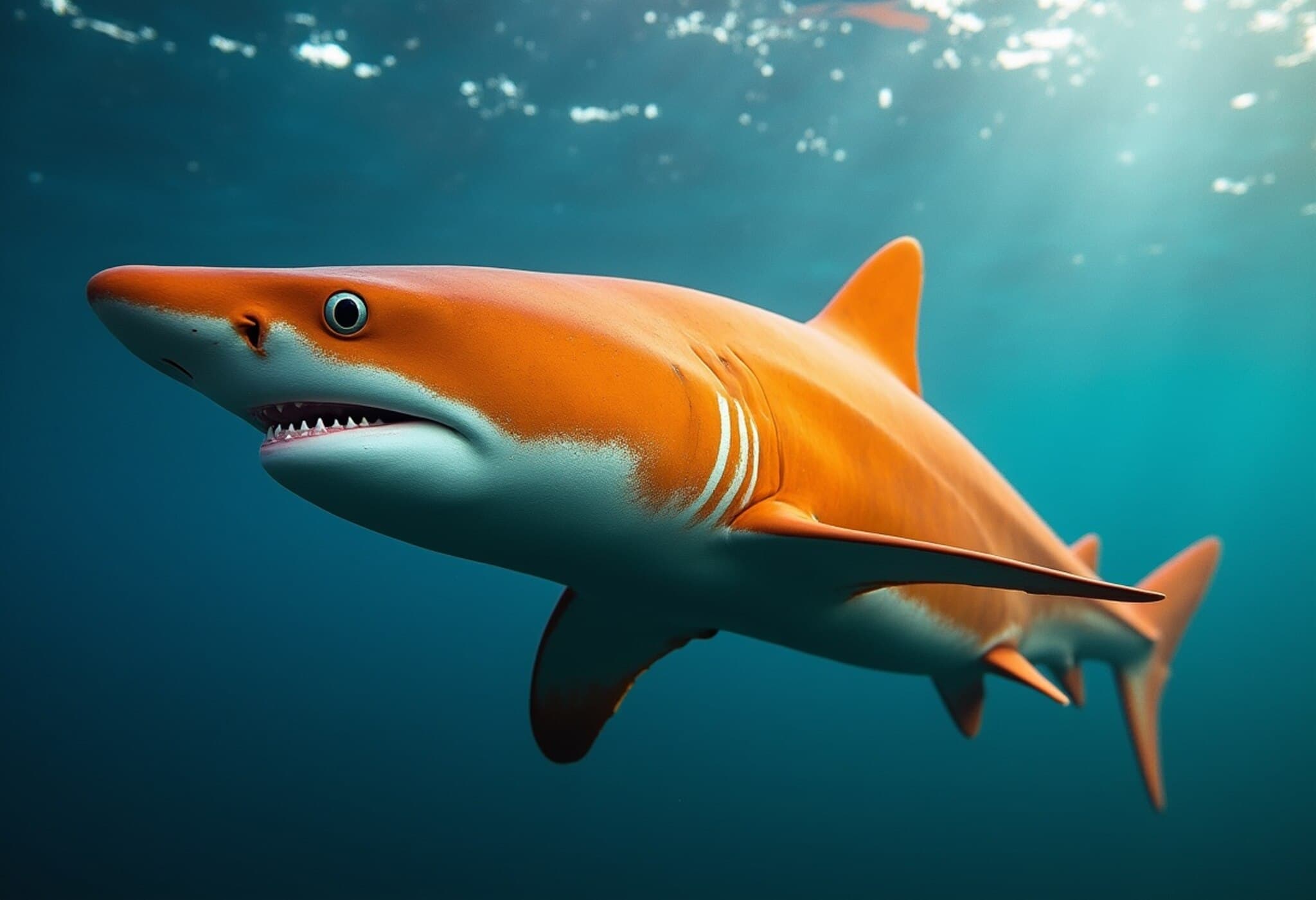A Sea of Opposition: How Argentina’s Deep-Sea Livestream Became a Symbol of Resistance
In an unexpected fusion of nature, politics, and digital engagement, a livestream of marine life from the depths of Argentina’s Atlantic coast has captivated over a million viewers amidst fierce controversy over government science funding cuts. While families in Buenos Aires canceled weekend plans and friends gathered around screens, the real star wasn’t a football match or a presidential speech — it was an underwater world teeming with starfish, sea cucumbers, lobsters, and crustaceans exploring the Mar del Plata canyon.
From Ocean Depths to National Spotlight
The marine exploration, led by the respected Consejo Nacional de Investigaciones Científicas y Técnicas (Conicet), Argentina’s national scientific research council, transformed from a niche scientific endeavor into a nationwide cultural phenomenon. The livestream not only offered a rare glimpse into Argentina’s rich marine biodiversity but also unexpectedly blossomed into a rallying point against President Javier Milei’s aggressive budgetary cuts to public science.
What started as observational footage quickly became a digital canvas: viewers affectionately nicknamed creatures — a purple sea cucumber became a "little sweet potato," a pink lobster was christened "Barbie," and a uniquely shaped starfish inspired SpongeBob-themed artwork. These endearing moments humanized a deep-sea realm otherwise beyond reach for urban Argentines.
President Milei’s Fiscal Approach Meets Public Backlash
Since assuming office in 2023, President Javier Milei has pushed a radical fiscal austerity agenda, aiming to tame Argentina’s long-standing inflation and hemorrhaging budget deficit. While some conservatives hail his "chain-saw" cuts as necessary medicine, the social and scientific communities view the slashing of research budgets — by over 20 percent — as a threat to Argentina’s innovation and global standing.
- Budget Cuts: The sharply reduced funding for Conicet risks undermining decades of progress in marine biology, environmental research, and various scientific disciplines.
- Privatization Concerns: There are growing fears that scientific research might be privatized or commercialized in ways that limit public access and national sovereignty over its natural patrimony.
- Public Mobilization: The communal watching of the livestream has morphed into a symbolic act of defiance — an intuitive statement valuing knowledge, nature, and the preservation of Argentina’s scientific heritage.
Expert Perspectives: The Stakes for Argentina and Beyond
Dr. Mariana Sánchez, a marine biologist affiliated with Conicet, explains, "The marine ecosystems off Argentina’s coast are among the most biodiverse in the South Atlantic. Understanding these habitats is crucial not only for conservation but also for sustainable fisheries that support thousands of local livelihoods." She warns that cutting research funds risks unraveling vital environmental protections at a time when climate change and overfishing put marine life under unprecedented pressure.
From an economic standpoint, Argentina’s scientific community has historically contributed innovations that extend beyond biology to technology and agriculture — sectors vital for the country’s future growth. Curtailing this infrastructure might save money in the short term but could erode long-term economic resilience and global competitiveness.
An Underreported Narrative: Science as Cultural Identity
The viral enthusiasm for the livestream reveals a deeper cultural connection with science and nature, often overshadowed in political discourse. As urban Argentines share memes, art, and family discussions centered on starfish and sea cucumbers, the episode transcends mere entertainment — it reflects a collective yearning to safeguard intellectual curiosity and the natural world amid turbulent political tides.
In many ways, this grassroots digital movement echoes global trends where citizens use social media and public science projects to assert the value of knowledge in an era of skepticism and austerity. Argentina’s underwater spectacle has emerged not just as a source of wonder, but as a digital protest, reminding policymakers that science is woven into the fabric of national identity.
Looking Ahead: The Future of Science Funding in Argentina
The unfolding situation presents critical questions for Argentina’s governance: How to balance fiscal responsibility with investment in future innovation? What role should public science play in national development? And how might citizen engagement influence policymaking in an increasingly digital, interconnected age?
As the livestream continues to attract viewers, it exemplifies the power of compelling storytelling combined with technology to expand public awareness and participation. Whether this momentum can translate into sustained policy support for Argentine science remains to be seen, but the message is clear: a nation’s ocean treasures can awaken a collective conscience far beyond the depths.
Editor’s Note
This remarkable intersection of environmental curiosity and political activism in Argentina challenges us to reconsider the roles of science, culture, and citizen engagement in policymaking. Beyond the numbers and budget lines, the surge of public attention toward marine life speaks to a universal human impulse to connect with nature and protect knowledge against shortsighted austerity. For policymakers and supporters alike, it underscores that ecosystems and scientific institutions are not abstract entities—they are living components of national identity and future prosperity.















